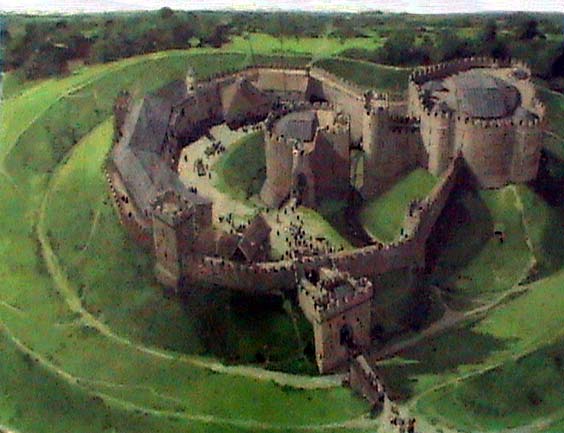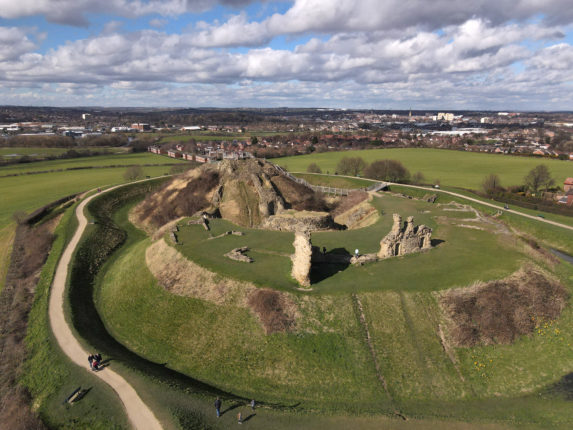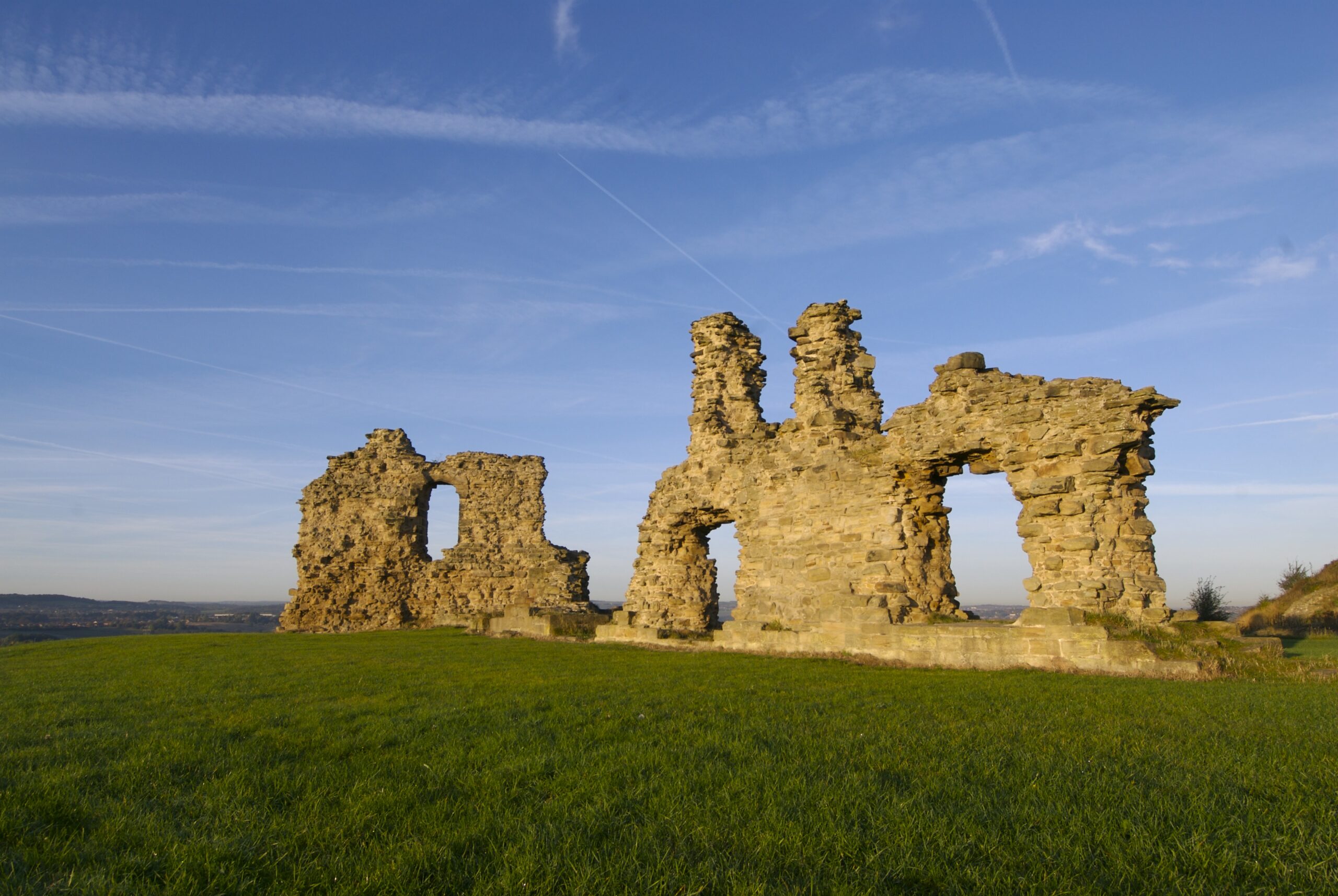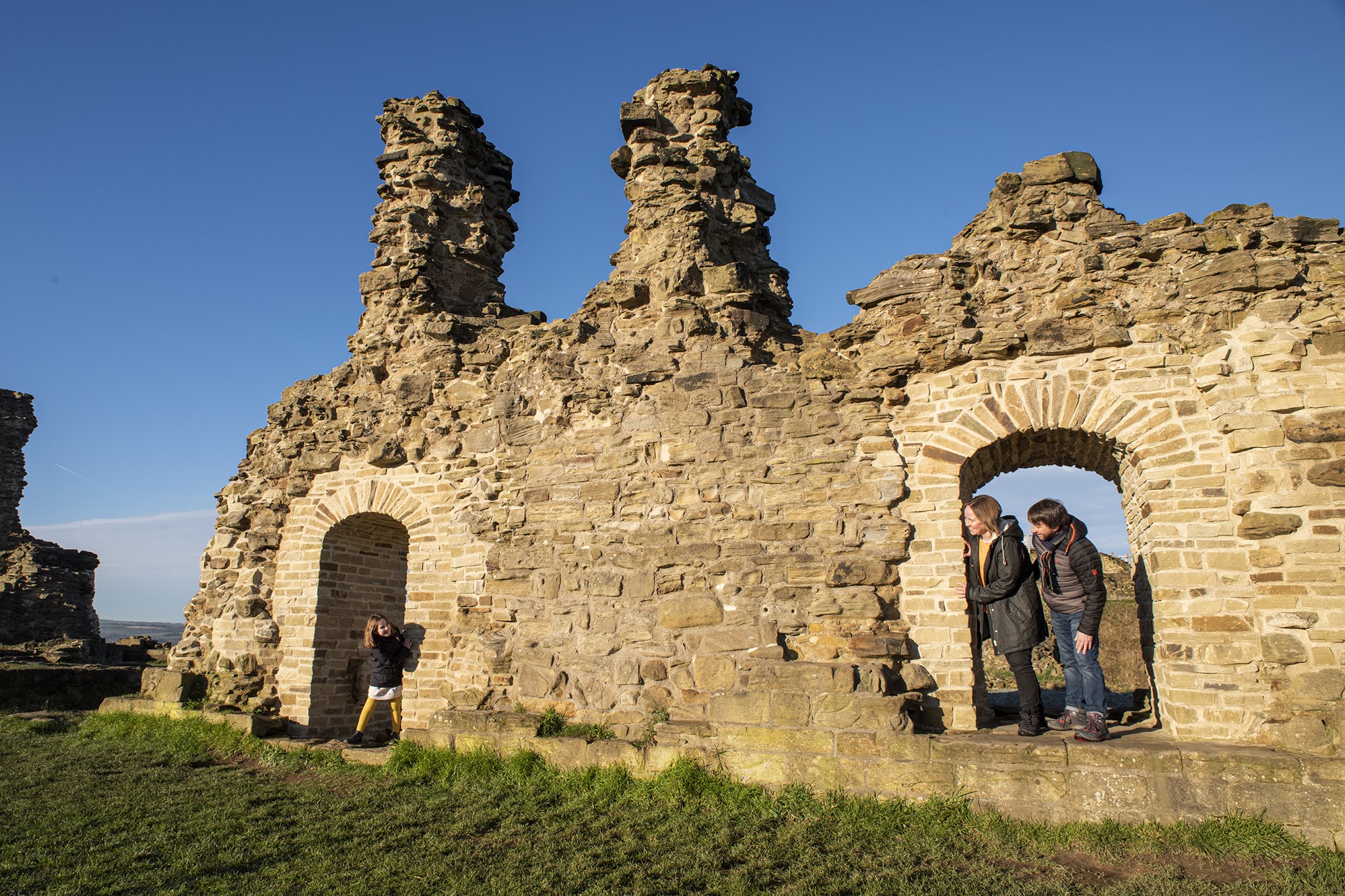What is Sandal Castle?
Located in Wakefield, West Yorkshire, Sandal Castle is a ruined medieval fortress with deep ties to English royal history and civil war.
Name origin: “Sandal” derives from the Old Scandinavian sandr (“sand/gravel”) + healh (“meadow”).

Origins and Architecture
The site was first fortified by William de Warenne, 2nd Earl of Surrey. He was granted the Sandal estates around 1107 and built the original timber motte-and-bailey fortress atop a 10m artificial mound.

Under Hamelin de Warenne and his descendants, the timber defences were replaced by stone, with a new barbican, stone keep, great hall, kitchen, stables and inner moat added by the late 1200s.


